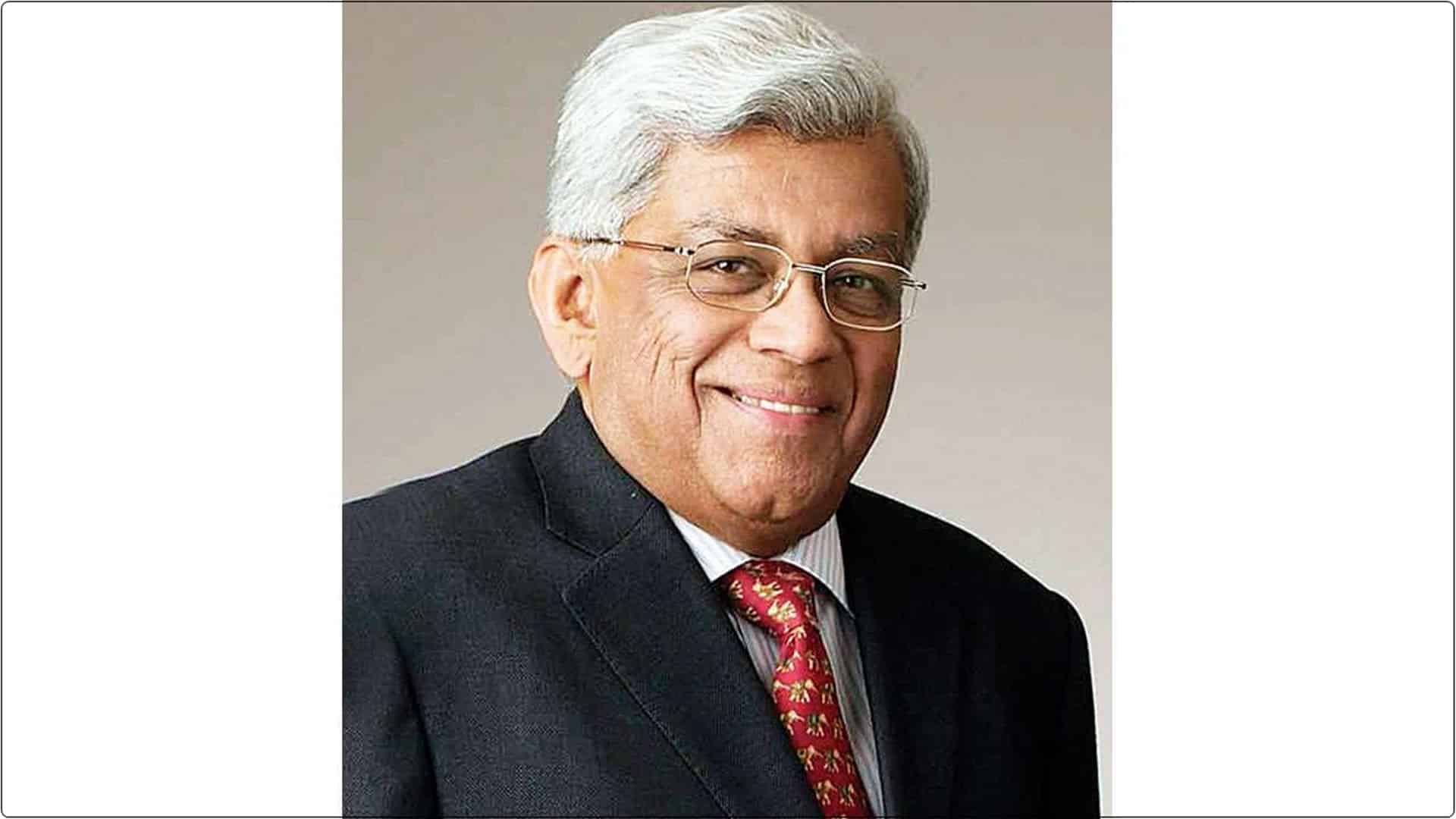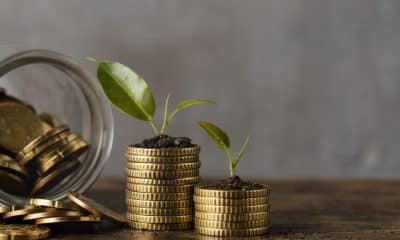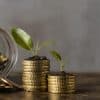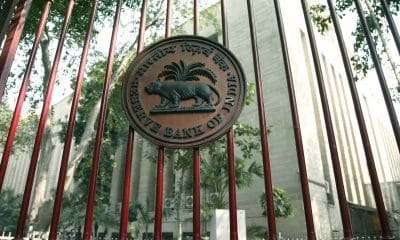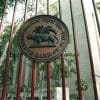Economy
India’s macroeconomic fundamentals strong; recovery underway: Deepak Parekh
Housing Development Finance Corp (HDFC) Chairman Deepak Parekh on Tuesday said that while the country’s macroeconomic fundamentals remain strong and the recovery is in progress, the unpredictability of coronavirus will remain a key challenge. Owing to the second wave, the Indian economy is likely to mirror a similar trend seen in FY21, where the first half of the financial year is weaker and the second half is significantly stronger, he said.
“I remain confident that India’s macroeconomic fundamentals are strong. Recovery is underway,” Parekh said while addressing the 44th annual general meeting of HDFC Ltd.
He said, the country’s forex reserves and foreign direct investment inflows have scaled record highs, the capital markets are also buoyant and agriculture growth is expected to remain strong with food grain production estimated at over 305 million tonnes.
He further noted that the Reserve Bank of India (RBI) is committed to supporting growth through an accommodative monetary policy and the government has taken several reforms and measures to alleviate COVID-19 related stress.
“The key laggard remains overall credit growth which continues to remain tepid,” he said, adding in terms of the overall macroeconomic environment, the key challenge, however, remains the unpredictability of coronavirus.
“The world is still susceptible to recurring waves of infections. Thus, economic recovery will remain uneven and patchy,” he noted.
He said the inherent demand for home loans continues to remain strong. Even in terms of commercial real estate, most companies have not given up their office premises.
Demand for real estate is coming from warehousing and fulfilment centres, owing to the boom in the e-commerce segment.
Also, with the build-up of digital infrastructure, demand for data centres have increased, he noted.
Against the backdrop of the pandemic, Parekh said HDFC had articulated that there are three key monitorables liquidity, growth and asset quality.
He said, the corporation has been maintaining higher levels of liquidity as a prudent measure.
In terms of growth, the national lockdown impacted individual loans, but once restrictions were eased, the demand surpassed all expectations, he added.
“We are confident that demand for housing will continue to be strong,” he said.
According to Parekh, asset quality has been challenging for non-individual loans at a systemic level.
The corporation has always been prudent in identifying loans where there could be stress and has adequately provided for such loans, he said.
In FY21, demand for housing was from both affordable housing and high-end properties, he said.
As of March 31, 2021, gross non-performing loans of HDFC stood at Rs 9,759 crore, constituting 1.98 per cent of the loan portfolio. Its assets under management grew by 10 per cent to Rs 5,69,894 crore as of March 31, 2021.
Also Read: Aviation sector recovering after COVID-19 impact: Scindia
While answering shareholders’ questions later, Parekh said HDFC’s disbursement in June 2021 was 79 per cent higher compared to May 2021.
When asked about the listing of HDFC ERGO General Insurance, he said there was no immediate plan to list the company.
HDFC’s Vice Chairman and Chief Executive Keki Mistry said the residential real estate sector in the country is set to grow in the coming months.
“There is a structural demand that will keep coming for housing in the years to come,” he said.


